|
Over the course of a 90 minute conversation, at Industrious Coworking space, we discussed Instagram, podcasting, and running kickass events.
We also discussed the genesis of Piper Creative and our plans for the future. Some video from this event is at the end of Episode 015 of This Is Piper.
Underwritten by Piper Creative
A digital agency that provides strategy, delivery, and analysis specializing in a few key service offerings. Documentary-as-a-Service (Vlogging 2.0) Instagram Content Production & Account Building Podcast Production, Strategy Consulting, and Guest Acquisition If you aren’t creating or curating content regularly, your clients and customers might forget you’re open for business. YouTube Subscribe on iTunes | Stitcher | Overcast | PodBay
0 Comments
Mark DeSantis is currently CEO of RoadBotics, an AI-based product that monitors and manages roadway infrastructure. Previously, he has co-founded an energy hedge fund, a GE Ventures-backed energy predictive analytics company, and a venture-backed online tutoring company.
Why build a company focused on road maintenance? There is a desperate need to efficiently and effectively monitor and maintain the world's civil infrastructure. His company, RoadBotics, uses smartphone sensors to inexpensively monitor streets, roads, highways, sidewalks and bridges and to lower maintenance costs. We discuss training machine learning algorithms, the career arc of an entrepreneur, and what Mark has learned from his past startups. Never miss one of our best episodes by subscribing to the newsletter. Mark’s Challenge; Find the alternative viewpoint and empathetically consume it before arguing.
If you liked this interview, check out two more interviews with Pittsburgh entrepreneurs. Episode 260 features a discussion with Anthony Vennare about the future of health and wellness, making a modern media company, and building a business in Pittsburgh. Episode 242 features a discussion with Darrin Grove about running a company for 20 years and constantly reinventing himself.
Mentioned Lincoln-Douglas Debates Connect with Mark Website
Underwritten by Piper Creative
Piper Creative creates podcasts, vlogs, and videos for companies. Our clients become better storytellers. How? Click here and Learn more. We work with Fortune 500s, medium-sized companies, and entrepreneurs. Sign up for one of Piper’s weekly newsletters. We curate links to Expand your Mind, Fill your Heart, and Grow your Tribe. Follow Piper as we grow YouTube Subscribe on iTunes | Stitcher | Overcast | PodBay
A decade ago, very few people thought a blog could be a business. Today, it’s common knowledge.
Nicki Zevola Benvenuti hopped on the trend very early, starting her website, FutureDerm.com, in 2008. It now helps more than 500,000 people a month discover hard-to-find scientific information on skincare, to make sense of marketing claims, and to find what is best for their skin a plethora of products in a crowded marketplace. Now, she is leveraging her fluency in digital media to help other brands grow. At FutureDerm Media, her team has successfully guided brands to 500% traffic growth and accelerated sales over the course of six months. Never miss one of our best episodes by subscribing to the newsletter. Nicki’s Challenge; Do something. Every Day. Connect with Nicki Website Underwritten by Piper Creative A digital agency that provides strategy, delivery, and analysis specializing in a few key service offerings. Documentary-as-a-Service (Vlogging 2.0) Instagram Content Production & Account Building Podcast Production, Strategy Consulting, and Guest Acquisition If you aren’t creating or curating content regularly, your clients and customers might forget you’re open for business. YouTube If you liked this interview, check out episode 36 with Sophia Berman where we discuss starting a lingerie company that uses 3-D printing and serves a distinct clientele. Subscribe on iTunes | Stitcher | Overcast | PodBay 318 A Year of Twitch Streaming, SEO Fundamentals, and Advice from Scott Adams w/ Brad Driscoll6/13/2018
This episode was an opportunity to pester one of my good friends, Brad Driscoll, with questions ?
In addition to co-founding Think Big Marketing, Brad has generated 10 million views on YouTube and amassed one of the 1,000 largest audiences on Twitch. Brad is one of the hardest working and kindest people I've met in my professional life. His new endeavor, Level Up Your Game, is worth checking out. In this episode, we primarily talk about building his Twitch audience and building his business. He has applied the same discipline and critical thinking to multiple domains and is an inspiration for my own business building. Never miss one of our best episodes by subscribing to the newsletter. Brad’s Challenge; For the next 2-3 weeks, let someone know you like their content after you consume it. Resources Mentioned OBS Studio ClickFunnels Connect with Brad YouTube Twitch Website Underwritten by Piper Creative A digital agency that provides strategy, delivery, and analysis specializing in a few key service offerings. Documentary-as-a-Service (Vlogging 2.0) Instagram Content Production & Account Building Podcast Production, Strategy Consulting, and Guest Acquisition If you aren’t creating or curating content regularly, your clients and customers might forget you’re open for business. YouTube If you liked this interview, check out episode 131 with Larry Gioia where we discuss why connecting is better than networking. Subscribe on iTunes | Stitcher | Overcast | PodBay
Halima Tammy Thompson's moved to Pittsburgh as a child and was faced with homelessness, loss and countless obstacles. Years later, she has fused 20+ years of experience in the Real Estate Industry and 8 years of working in the nonprofit sector as a Credit Counselor.
Tammy is a Poverty Expert, Nationally Sought After Speaker, Executive Producer of We Wear The Mask, a documentary released in 2017 highlighting the stigma associated with women in poverty. She provides counseling services with integrity, inspiration, compassion and confidentiality. In the episode, we discuss cycles of poverty, the impact of trauma over a lifetime, and the victims of the 2008 Financial Recession. Never miss one of our best episodes by subscribing to the newsletter. Tammy’s Challenge; Step outside your comfort zone.
Connect with Tammy
Website Circlespgh.org Underwritten by Piper Creative A digital agency that provides strategy, delivery, and analysis specializing in a few key service offerings. Documentary-as-a-Service (Vlogging 2.0) Instagram Content Production & Account Building Podcast Production, Strategy Consulting, and Guest Acquisition If you aren’t creating or curating content regularly, your clients and customers might forget you’re open for business. YouTube If you liked this interview, check out episode 187 with Grant Oliphant where we discuss the Heinz Endowment, how to strengthen communities, and Grant’s personal career path. Subscribe on iTunes | Stitcher | Overcast | PodBay
Watson: Thank you so much for doing this. I am. I'm really excited and we have a mutual friend, Michael Van Ness, who was one of the very first guests on the show, but he was just thrilled when he heard that we were doing this. So we have at least an audience of one. I have my listener.
So, I think that the best place for us to start for folks is to explain, we're in your office here, but just how do you package your work and what you do for people who might be unfamiliar or not know you personally? Tammy Thompson: So the packaging, that's an interesting question. Nobody's ever asked me that before. Everything that I do, which is primarily focused around anti-poverty initiatives, anything associated with removing barriers and stigma related to poverty. So, all of it comes from my own personal experience. Been born into generational poverty and the trauma associated with that becoming an adult who brought that trauma into adulthood and had five children. By the time I was 22 years old, raised every single one of them in poverty and so now in this work. I like to develop programming that I knew that I needed in my darkest time. So everything that I needed and didn't have is sort of the core of everything that I do now. Watson: And that takes the form of workshops, of counseling, what other, maybe activities are you taking? Tammy Thompson: Yeah, so it sort of started, I stumbled into the nonprofit world because, uh, when I really started focusing on building a career. And a nonprofit was nowhere in that plane. I didn't even think about it, didn't even know, had never heard of nonprofit. The two didn't go together. It was sort of like an oxymoron. Everything that I wanted to do focused on how much money can I make, how much money can I make? I was very unhappy. I was making more money than I had ever seen, but it wasn't doing anything to help me heal from my experiences in poverty. I was sort of an empty shell and I sort of got brought into the nonprofit world in 2008, 2009, right at the height of the foreclosure crisis. That was coming from a real estate background and had spent a great deal of time working as a closing agent for a major settlement company, so I had gotten a lot of people into some pretty bad mortgages, I found out later. It was the perfect storm for me. It was going from getting people in bad situations to helping people get out of bad situations through foreclosure mitigation counseling at a large nonprofit here in the city. Although I knew I was doing good work, helping people save their homes, what I kept focusing on is how did they get any situations in the first place? How did people get into homeownership and have absolutely no idea about the transaction or what makes a good mortgage and what makes a bad mortgage? I realized that I wanted to really focus on the education part of homeownership. How do we make people savvy consumers? How do we educate people about what ownership really means, and so that was my focus for a couple of years. Then I realized it was deeper than that. It was a lot of people who looked at homeownership and a lot of people still do look at homeownership as a way of escaping poverty. It can actually put people in an even worse situation if they don't know what they're doing. I realized that there was a lot of programming and even government programming that was pushing homeownership on people and sort of hanging homeownership out as the carrot to escape poverty. I decided that education was not the most important piece, homeownership was not the most important piece, but helping people deal with their trauma associated with their experiences in poverty needed to be primary. That needed to be where the focus started. I found out that a lot of people were seeking homeownership who weren't ready because they saw homeownership as a way to stabilize their housing situation. It was very interesting for me that a lot of people who were coming to me and seeking help and becoming first-time homeowners weren't really ready to be homeowners, but they just saw that as this is the only way I'm going to stabilize my housing situation. This is the only way I'm going to escape a horrible landlord or an absentee landlord, or being forced to move because I can no longer afford my rent. So then we started talking about, uh, what does that education need to look like? I actually had to leave the nonprofit that I was at. I was actually fired from the nonprofit that I was at, mainly because I saw things differently. I saw that it was important to work with people in poverty in a different way, and primarily African Americans living in poverty. There are things that I found out about poverty, not from my own experience, but from watching how people make decisions about how we work with people in poverty. I realized that they have no idea what poverty really is and how it's impacting people. So, we have a lot of programming that, I think, probably very well-intentioned people, who are creating programming around poverty, they have no idea what poverty really is. I stumbled across this program called Circles. If you're not familiar with Circles or the concept of it, it's a national anti-poverty program that really strongly focuses on the building of social capital and giving people a holistic opportunity to address poverty. So in the past, when I've worked with other initiatives around poverty, it is almost 100% focused on financial education. You know, this idea that if people just learn how to budget and save and fix their credit and become homeowners, they won't be in poverty anymore. That's just not true. The financial aspect of poverty is really a symptom of other things. It's a symptom. So yes, it's important that we're discussing finances and it's important that we're teaching people financial education, but what's most important is helping people address the trauma that happens when you're exposed to long term poverty. It affects every decision that you make, and it just so happens that your financial decisions are impacted, but there's so many other aspects of it that haven't been addressed and don't get addressed in our programming. It's one of the reasons why people stay in poverty as long as they do. It's one of the reasons why we've been fighting this so-called War on Poverty for decades, and we still have these tremendous statistics of people in poverty. From my perspective, everything that we do needs to start with, ‘let's stop doing everything that we have been doing. Let's reassess what we've been doing and start stepping outside the box and addressing poverty from an emotional standpoint, from a traumatic standpoint. Let's find out why people are staying in poverty, how people are getting in poverty, and what they need in order to get out.’ That usually starts with asking them. That's the last thing that people think, but how about we ask the people that we're actually helping? Why don't we include them in the decision making around the programming that's supposed to be for them? Watson: Yeah. One of the reasons I was so excited about this conversation was that the work that you're doing is so important, but you have through your own experience, the access to these stories that other people aren't necessarily privy to. We got coffee before this conversation and one of the things I was thinking about in between that conversation and this was how Pittsburgh kind of gets this media portrayal of ‘oh, it's a very stable real estate market. You know, the real crash happened in New York and LA and some of these other metropolises.’ You were here in Pittsburgh experiencing people who really did suffer the consequences of that 2008 recession. Another part of your transition into what you're doing now was how hard that process was of helping these people during one of the worst periods of their lives. So can you talk a little bit more of one level of getting evicted or some of these experiences that quite frankly, we're talking to podcast listeners here, a lot of people have not necessarily had exposure to what that looks like, and how you were playing a part in that? Tammy Thompson: Yeah. Now that I think back on it in retrospect, I believe that I was really drawn to the work of helping families avoid foreclosure. I was pretty, I don't even want to say passionate, it was a little over passionate. I was almost obsessed with this work and to the point where I burned myself out, I was every day, all day. I mean, this is at the height, hundreds of thousands of people in Allegheny County were in foreclosure. I realized afterwards, after I moved on from that work, that one of the reasons why I was so attached to it and passionate about it is because of the number of times I've been homeless. Our first experience in Pittsburgh, we moved here in the late seventies, the first day we were here, we became homeless. We lived in our car for almost a month. Watson: How old were you? Tammy Thompson: I was about nine. I lived in a car for almost a month in downtown Pittsburgh before my brother and I were taken from our parents and put into a group home because we were living on the streets, and that never left me. That memory of what it's like to not have anywhere to go stuck with me. And so that work and helping families, try to avoid that. People coming into my office literally in tears and making themselves physically ill because they didn't know if they were going to be able to keep their homes. That impacted me severely. That really catapulted. Me into wanting to do the work of education around homeownership because the majority of them, people, you know, what's really surprising is the majority of people that were coming to us for assistance, they weren't people living at poverty guidelines, they were middle and upper-class families who were suffering. Those were probably 65% of the people that I saw, they were not people living in poverty. They just happen to be people who didn't understand their market or people who lost their jobs. At the height of that foreclosure crisis, the causes of it were usually companies closing down. People were losing their jobs. People got ill, a spouse died, a thousand reasons why people were losing their homes, but I really paid attention to those statistics back then, because I think most people's assumption was that it was people in poverty who were losing their homes the most. It wasn't, it was the exact opposite. I did a little research on that and was trying to figure out, well, why is this? Because I think we all assumed that it would be people of lesser means, but it wasn't. When you think about the average person living in poverty and the amount of mortgage that they qualify for, it's a relatively low number. Back then housing prices were a lot lower than they are now. 10 years later, the market has a hundred percent come back. Plus some. Back then you could buy a home in East Liberty, you could buy a home for $70-75,000. So, it wasn't necessarily people in lower incomes that were facing foreclosure as much as. People who were able to qualify for $200,000-300,000 homes and had $1500-2,000 mortgages, and then they lost their jobs, and they couldn't make the payments. That was a very interesting revelation to see that the foreclosure crisis really had no standards about who they were going after. You couldn't make your mortgage payment regardless of who you were. Your class system, your race, or economics. It didn't matter. People were losing their homes, but that definitely led me into wanting to, to address the lack of savvy that most mortgage consumers had. We had people who didn't realize that they were in an adjustable-rate mortgage, um, and you know, it just so happened that their rate adjusted at the worst possible time when they were losing their jobs. People were going from having a $600 mortgage to a $1,200 mortgage and they just couldn't afford it. They didn't know. Watson: Was that one of the primary pieces of information that they either didn't get or didn't understand or are there other areas that you saw as being an addressable need? Tammy Thompson: Yeah, I think it was a lot of things. I think it was definitely people who were signing documents that they didn't understand. I think it was also that people had gotten so used to pulling the equity out of their homes. People were refinancing their money or just for everything from weddings to vacations to, I want a new car, to just, I want to pay off my credit card debt, just using their equity in their homes as sort of a revolving line of credit, which is a horrible idea. It definitely was ‘I didn’t know, I just signed this’ and there were wives who would come in and they didn't know that they even had a mortgage. It was a thousand things that were happening, but it all boiled down to a lack of understanding of how the mortgage industry worked. I think that the government has done a good job, they could do better, but I think they've done a good job of trying to come up with programming and ways to protect consumers around that in this industry. Watson: So you've also spoken in this conversation about how your maybe strategy, once again, a divide of people who probably not only have it, but take it for granted versus those who either know that it's necessary and don't know how to access it, or don't necessarily even know that it exists. Can you talk a little bit more about how Circles creates opportunity and is a beneficial experience for everyone involved, not just one party? Tammy Thompson: Yes. I love that question. What I really love about Circles and have grown to understand its power, is the ability to draw an entire community into a central space and educate them about number one, how people become impoverished. Number two, what that exposure to poverty does to people, and communities and how important it is for everyone in the community to see their responsibility to fixing it. I love that we have folks who are middle- upper income, highly educated, tons of their own networks and resources who are coming to us and saying, what can we do? What can we do? And the first thing we're telling them is that, first you have to educate yourself about what poverty really is. There's such a stigma associated with poverty that people would rather suffer in silence than be subjected to the judgment and stigma that comes with acknowledging that you're in poverty. I think as full of community resources we are, you can ask any service provider or practitioner in this field, they will tell you that their services are not utilized as much as they think they should be. That's probably merely because people have been taught that it's better to just try to figure it out on your own than to go and ask for help and be judged and stigmatized for it. That's unfortunate. So, part of what we're doing in Circles is that there's this thought that people in poverty, the ones who need the programming the most, while they're the ones with the least, and they're the ones lacking the resources. So they need this more than anybody. But what we found is that. Our allies, we call them allies, they're actually the volunteers who come in and donate their time and resources. They need it more than any of us do because there's been such misinformation that's been generated in our society by the media. By just, you know, people's ignorance. People lack knowledge at this thought that people in poverty are lazy or they're not working hard enough. They're not educating themselves or not taking care of their children. They need to just pull themselves up by their bootstraps. That's what I did, and that's what they should do, and if you really think that, it's just not true. The families that we're working with work harder than anybody that I've ever known. People that are working two, three jobs and trying to maintain a household, trying to maintain their children and make sure their children are doing well. They're still trying to, in some cases, volunteer and do things in their own communities and just not having enough because they happen to live in communities. They don't have enough. They happen to work in jobs where they're not being paid, where they should be paid. There's a whole bunch of reasons why people stay in poverty, starting with, you know, let's talk about history. Let's talk about the policies and systems that were intentionally created to keep people in a certain class system. Those policies and systems didn't just go away. They were renamed, or they were disguised in certain ways and our education system and our housing system, absolutely. There is a red lining that happened that has created people from building generational wealth. All of these things contribute to why people stay in poverty longer than others. We spent a great deal of time at Circles educating the entire group about these things and how it's impacted people, and what we need to do to be able to navigate those barriers, and how people who do have access to those resources and those social networks can bring them to our families and assist in bringing them along. It's been astounding to see how it's a mutual benefit to have people of mixed-income and mixed race and mixed gender and mixed age and generation just come together and tackle these issues as a community. Watson: One of the very few skills that I have and is only honed from doing more than 300 interviews, is a sense for people who are energized and aligned in the work that they're doing. One thing that is really apparent to me, when I hear you talk about the impact that Circles is having, and just what you're doing now, it's very clear that you have not only experienced the opposite of something that was draining and something that was misaligned for you, but you seem to be in a position now or in a role doing work now that feels very aligned for you. Is that an accurate assessment? Tammy Thompson: Oh, a hundred percent. When I first heard about Circles, I happened to be, in a community meeting representing another organization, and I was going through the food line and there was a gentleman in line behind me named Ted Melnick. Ted Melnick is the Social Equity Director of East Liberty Development, who had the foresight to bring Circles Greater Pittsburgh here. Circles is the first urban chapter of this national program. They decided to bring it here in pilot to try to figure out how to help. People gain access to opportunity. What do we need to do? How do we bring people along so that they aren't being left behind and in communities that are increasing and opportunity? I met Ted, and he was telling me about this program, and everything stopped for me. It was this experience where I just felt like immediately, this is exactly what I needed in my darkest time. This is exactly what I didn't have. I didn't have access. First of all, I didn't have any support system, which is number one in getting out of poverty. You have to have help. You can't do it by yourself. I didn't have access to social capital. I didn't have access to people's resources. I knew that I was not supposed to be in poverty. I knew it, but I had no idea what the first step needed to be to get there on the journey to self-sufficiency. I didn't know what I was supposed to be doing because I felt so trapped and hopeless and, uh, had started giving hang up. Right. I had made decisions of only where you can describe some of the decisions that I made, were that they were decisions of someone who had given up hope. We have communities of people who are so talented and intelligent and passionate about them, you know, their families and their communities, and want more, but they don't know the first step. They don't know what to do first. The really amazing thing that strikes me about poverty is, I strongly believe that people stay in it as long as they do, because you think about what poverty is. It creates this atmosphere and it's an environment that no matter where you turn, the people that you are turning to are in the exact same situation at your end. So, no matter where you look, there's poverty, you look out your door, there's poverty, you turn to your neighbors, there's poverty. In most cases, when you look at your family, there's poverty. There's nowhere you can turn. Where you're not enveloped with poverty. Right? If you have an idea and you say, I want to be a homeowner, or I want to start my own business, or I want to go back to school, but I'm really not sure what I need to do. You don't have anyone in your immediate circle who you can bounce these ideas off of and get an idea for what's the first step. So, you stay stuck, and everything, all of these dreams and these ideas that you have for yourself and your family, and in this hope, it starts to dwindle. It gets dimmer and dimmer and dimmer because that light at the end of the tunnel seems so far away. Watson: Do you think hope can be snuffed out completely? Tammy Thompson: A hundred percent. Hope, it does get snuffed out. It gets snuffed out every time a person takes a step forward and gets dragged back three. Right? This happens. This is the life cycle of poverty. Right? The hope quotient in the work that we do has to be elevated. That is why I keep saying, financial education is important, but none of that is going to get into the mind of a person who's living from check to check, from crisis to crisis, because there's no hope. When you're saying, oh, you need to say, when you need to do planning and saving and budgeting, I think those are all future endeavors. If you think about it, people who are living in poverty are living in crisis mode. In crisis mode, you can't think more than one day at a time. I just have to focus on surviving today. That's how people stay stuck because one day turns into two days, two days turns into a week, then a week is a month and a year. Then the next thing you know, a decade has gone by and then whole, a whole generation of children being brought into this cycle of generational poverty. So, in order to stop that cycle, we have to intervene. Somehow you have to intervene with hope and you have to intervene with a different perspective, which means that you have to connect people who their entire circle is poverty. You have to intervene with a different perspective, and that's where bringing the allies and exposing people to thoughts and ideas and opinions and perspectives that are different than those that are attached to poverty. That's why that becomes so important. Watson: I'm going to throw an idea out at you and if it's completely wrong, just chop it to pieces. I see that the financial literacy part of this is almost being the defensive side. You're kind of putting up a protection or a shield against a mistake that could lead to the three steps back, and the hope side of it falls more on the offensive side, which is your propellant forward or towards some, the step forward or the next step in the ladder. Is that a helpful way to position those two aspects of the work that you're doing? Tammy Thompson: MLet me know if I understood your question properly, but the way I see, first of all, I have to reiterate that financial education is extremely important, right? I don't want anybody to misunderstand my point about financial education. It's extremely important. If it's, if it's presented in the wrong order, we're wasting our time. If you present financial education as a solution to poverty, to someone who's in poverty, you sit somebody down and you invite them in and you just start throwing financial basic tools at them without addressing their crises and their trauma and the stuff that's internally creating their financial decisions, you're wasting your time. You have to address the hope and the lack of hope first in order for the financial education to be received. Does that make sense? Watson: That is much better framing than what I attempted. So you've used this term trauma a couple of times, and I think that one of the last things I want to make sure that we give the opportunity to educate the audience on is how you define that, or if you can just help, we'll never get all the way to complete understanding, but if we could take one small step today, I think that would be very valuable. Tammy Thompson: I don't want to pretend that I am in tune with everybody's trauma, but I can give you a basic example. So, if your primary basic needs are not met on a daily basis, I mean, very basic- shelter, food, water, safety. If those four basic needs are not met, if there's something that you wake up to every single day, not being quite sure if those needs are going to be met, you don't know if you're going to eat, you don't know if you're going to have enough food to feed your children, you might just have enough to feed them. That means you won't eat, or you'll eat what they didn’t. You go days without eating, and you face eviction on a daily basis. You may not have faced eviction, but you've been without electricity. You've been without water. You've been without heat. You are in fear for your physical safety on a daily basis and the physical safety of your children every day inside your own home. If you live that way every single day, since you were a tiled into adulthood, I can guarantee you that there's trauma attached to that. I can also guarantee you that the way you think about money and the way you think about your future and the way you think about the future of your children is much different than someone who's had all of those basic needs always met and has never had the fear of those things. It impacts your every decision. Every single decision that you make is impacted by your experiences. A lot of folks who have been born into a middle or upper-class home who have always had all of their basic needs met, and from a very young age was taught the importance of money management and how to plan for your future, and you plan for college. You started talking about education when you were five or six years old. For those folks, it is very difficult to understand the life of someone who has not had any of those needs met and who has struggled their entire life not knowing if they were going to have just those basic things met. It does impact how you think about everything. Unfortunately, we live in a city and probably even as a society where we don't like to talk about race. Race plays a huge part in every single one of these conversations. It's important that we're addressing all aspects of poverty. We can't just touch on tiny little pieces of it, and then walk away and expect people to be healed or expected that this is a multilayered issue that is going to require a lot of understanding, a lot of creativity and a lot of community coming together and addressing it, and everybody's seeing that we're all responsible for it. We're all impacted by it, whether we want to see it or not. If you think that you're not impacted by the crime, by the lack of resources that other people are facing on a daily basis by a failing school system, by a failing political system, we're all impacted by it by different varying degrees, but we're all impacted. I just think that we get more done when we're, we're all trying to address it together, or at least having a basic understanding of each other. Watson: Absolutely. I'm hopeful that this episode was a small step towards a little bit more understanding. I would love to do this again sometime in the future. In the meantime, I want to make sure that people follow along with the work that you're doing. So, can we give them some digital coordinates where they can live with it? Tammy Thompson: Sure. So first let's start with Circles. I am the new Executive Director at Circles Greater Pittsburgh. You can go on and learn some things about Circles at www.circlespgh.org, or you can go to my way site, which is www.tammytthompson.com. Watson: Awesome. We're going to link all of that in the show notes, goingdeepwithaaron.com/podcast is the place to find it for this and every episode of the show. Tammy, before we let you go, I want to give you the mic one final time to issue a challenge to the audience. Tammy Thompson: So my challenge, first of all, is for people to step outside of their comfort zone. Step outside. Be honest with yourself. What issues do you really care about? If poverty is one of them, connecting with a Circle site is a really phenomenal way to get a true understanding of what people in poverty are experiencing, and witnessing the work that they're doing to do better and to get better. Bring yourself. But, it's not always about your resources or yourself, bring your purse, all gifts, and talents to the table. Be open to meeting and connecting and truly building an intentional relationship with people that you may not have had the opportunity to meet with before, and I promise you that you will walk away a different person. Watson: You said Circles is a national organization. So let's just hypothetically, if someone isn't near and isn't easily connectable with a Circles group and they still feel this calling cause we have listeners all over. Can you suggest another initial step of someone who's just looking to engage in that same way or not exactly the same, but have the same sense of not knowing the first thing to do? Like training wheels, what advice would you give them? Tammy Thompson: So on training wheels, I would say, still, I will go back to reaching out to someone who's different. Reach out to someone who's living a different experience than you are, and be intentional about it. Again, I'm going to challenge people to address the race issue. I think we have become this self-segregated community of people, and I don't think we do it on purpose. I think it's just human nature that we segregate ourselves. I'm going to challenge people to step outside of that comfort zone, and not just a ‘hey, how you doing,’ but to actually intentionally try to understand someone who's different, ask questions, don't be afraid of saying the wrong thing, and connect with people with a deep intention. I think that's important. I think a basic understanding of someone who's different than you are is the first step. Watson: If for some reason we failed to convince the listener that this is something that's important, another angle that I've heard about is from an author named Tyler Cohen, who teaches economics at George Mason. He wrote a book called “The Complacent Class.” You talked about self-segregation, which leads me to this point of, compared to most of American history, people change where they live the least. They spend the most time, not so much that they aren't like traveling the world, in very kind of like pocketed, enclosed groups more so than in the past. There isn't the main street where you're walking down with everyone involved. There's a real correlation between that and just general economic growth. Some people, unfortunately, can't get to that place initially of just reaching out for the benefit of others. But there is a real value for everybody when we mix together and celebrate the diversity that is this country. I hope that people take that challenge, and I hope that they will connect with you, Tammy. Thank you so much for giving us your time. Tammy Thompson: Thank you for having me. This was awesome. Watson: We just went deep with Tammy Thompson. I hope everyone out there has a fantastic day.
This interview will dispel the notion that you can’t develop creativity.
Allen Gannett is the founder and CEO of TrackMaven, a marketing analytics platform whose clients have included Microsoft, Marriott, Saks Fifth Avenue, Home Depot, Aetna, Honda, and GE. He has been on the “30 Under 30” lists for both Inc. and Forbes. His upcoming book, The Creative Curve, is on how anyone can achieve moments of creative genius. I really enjoyed reading it. He was also once a very pitiful runner-up on Wheel of Fortune. Watch Allen Speak at the 2019 Going Deep Summit Allen’s Challenge; Stop believing that creativity is naturally easy for anyone.
Allen’s Book
The Creative Curve: How to Develop the Right Idea, at the Right Time by Allen Gannett Connect with Allen Website Underwritten by Piper Creative A digital agency that provides strategy, delivery, and analysis specializing in a few key service offerings. Documentary-as-a-Service (Vlogging 2.0) Instagram Content Production & Account Building Podcast Production, Strategy Consulting, and Guest Acquisition If you aren’t creating or curating content regularly, your clients and customers might forget you’re open for business. YouTube If you liked this interview, check out episode 183 with Oliver Luckett where we discuss how he helped break The Chainsmokers, hacking the media machine, and the evolution of social movements. |
Show NotesFind links and information referenced in each episode. Archives
August 2023
|
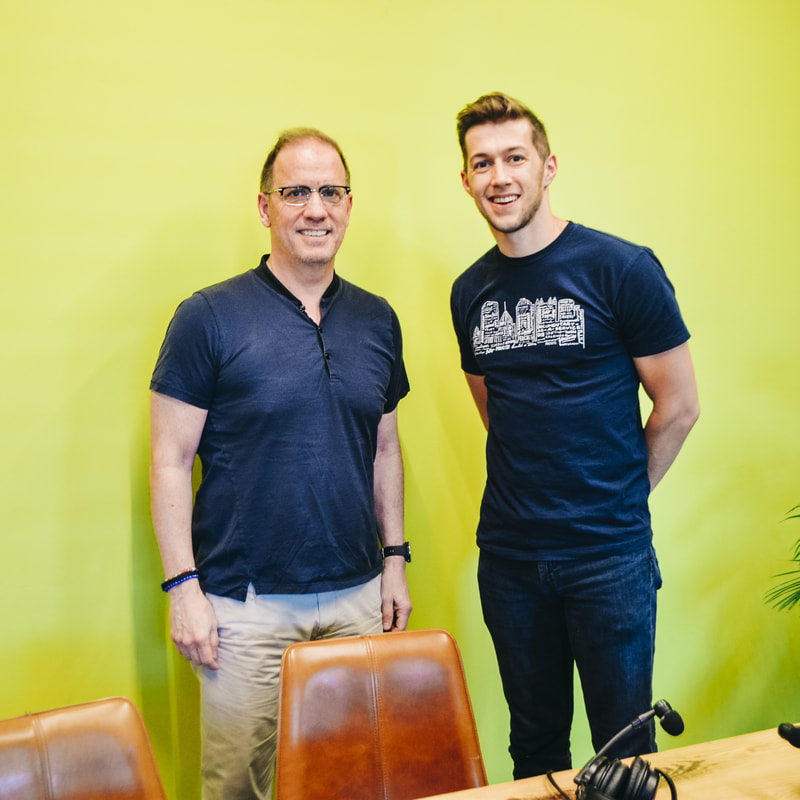
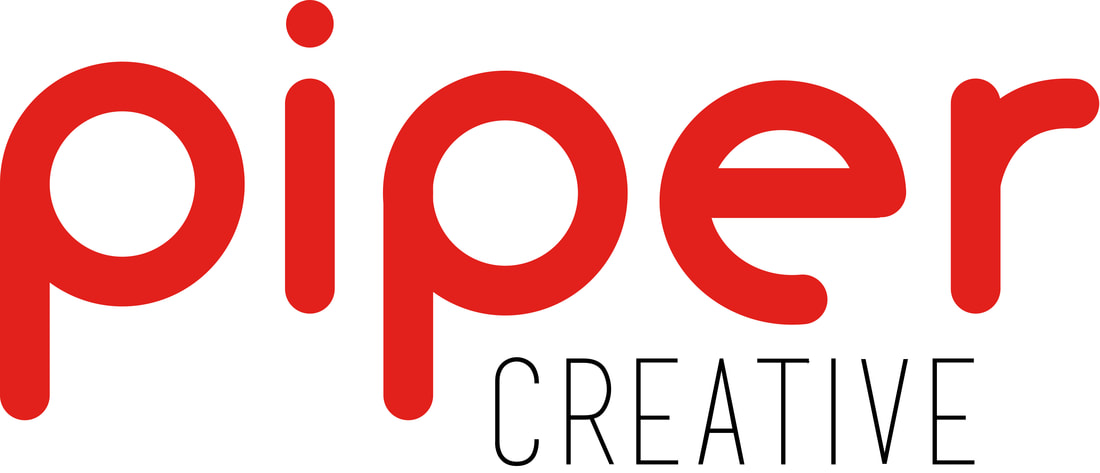
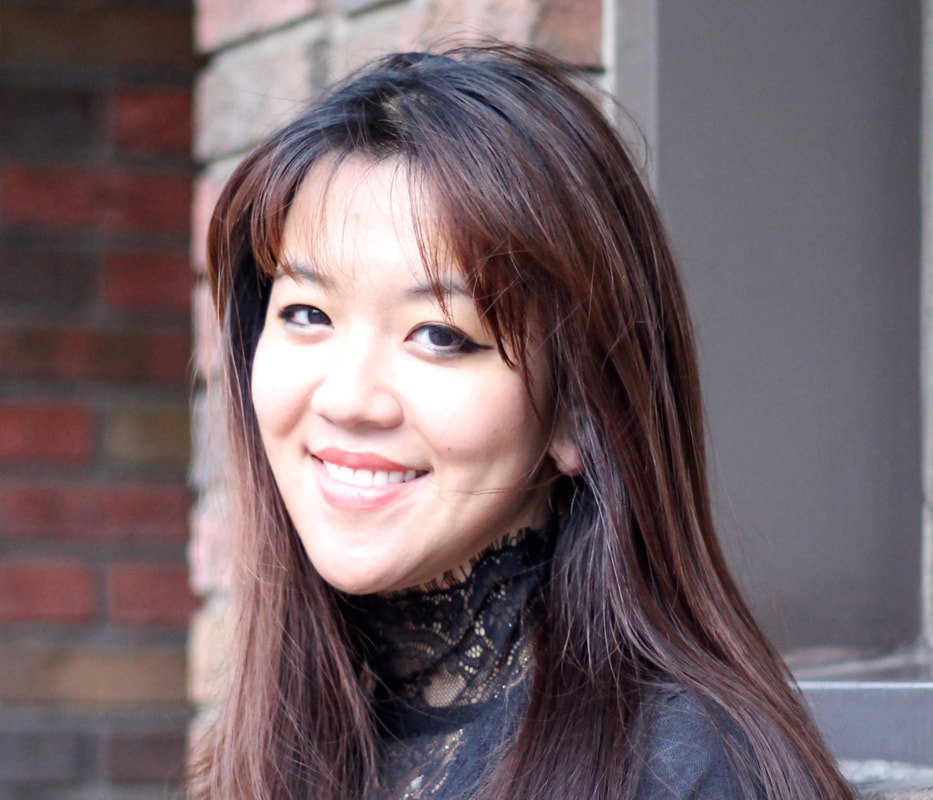
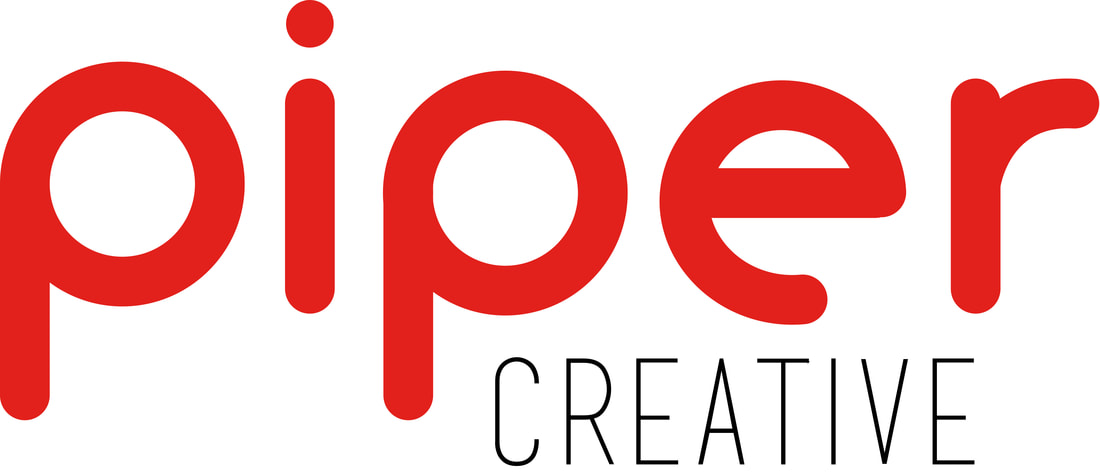
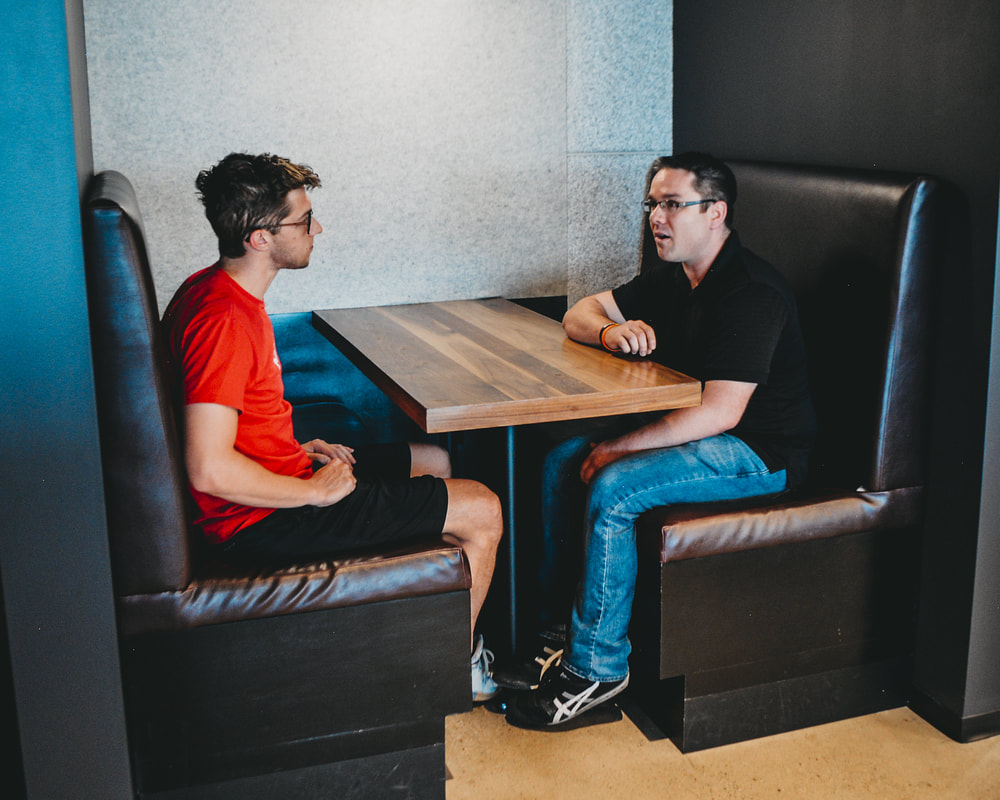
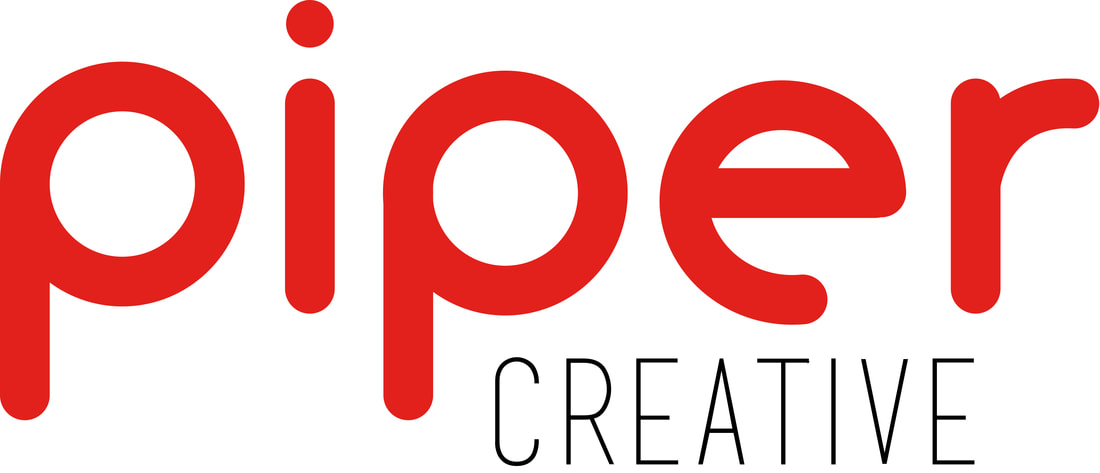
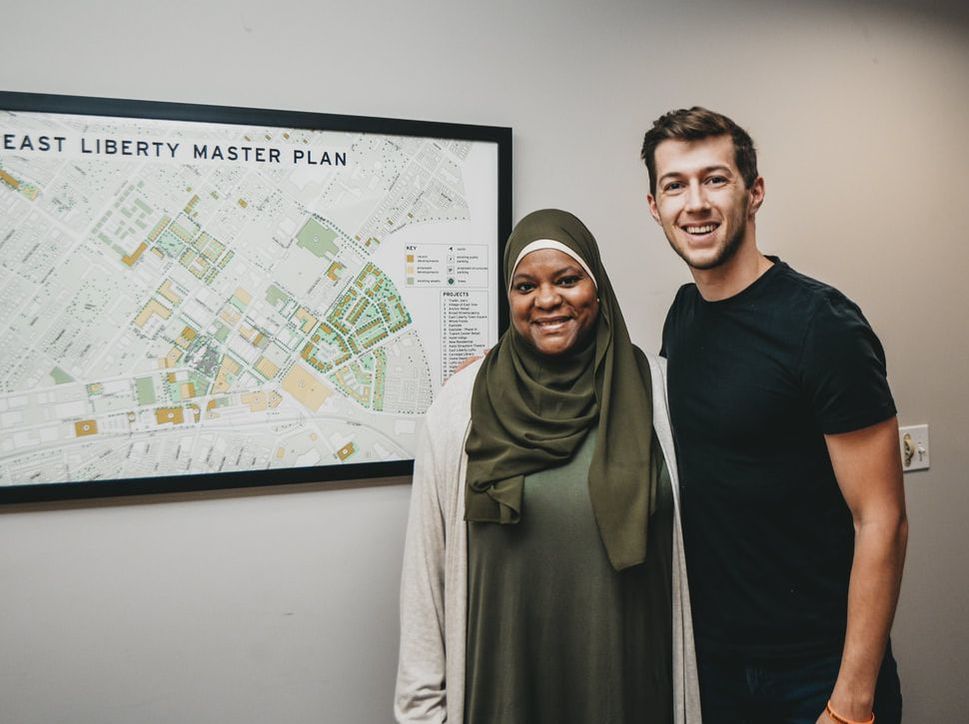
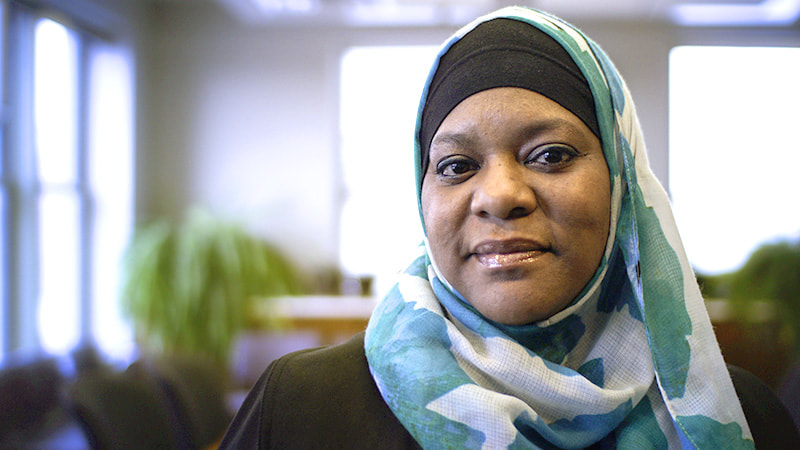
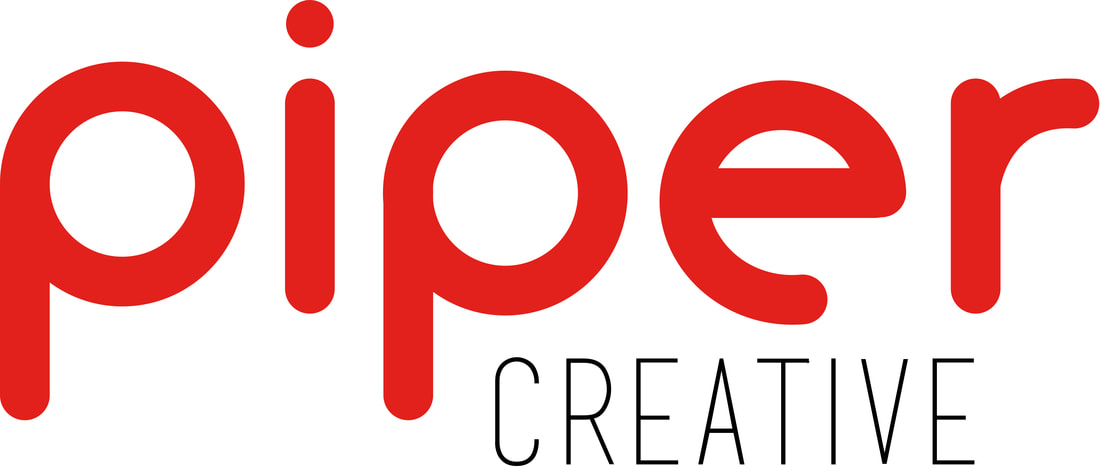
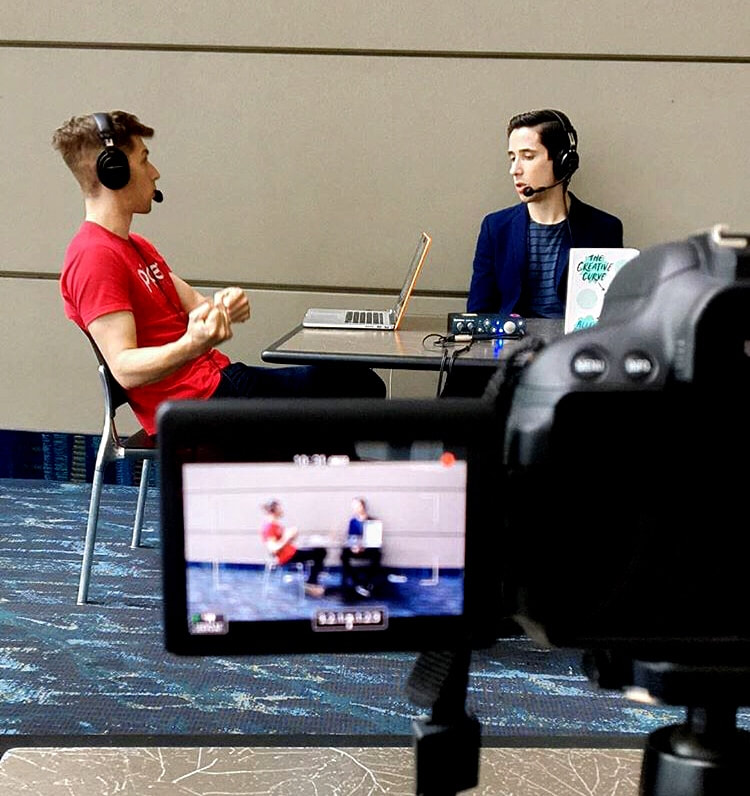
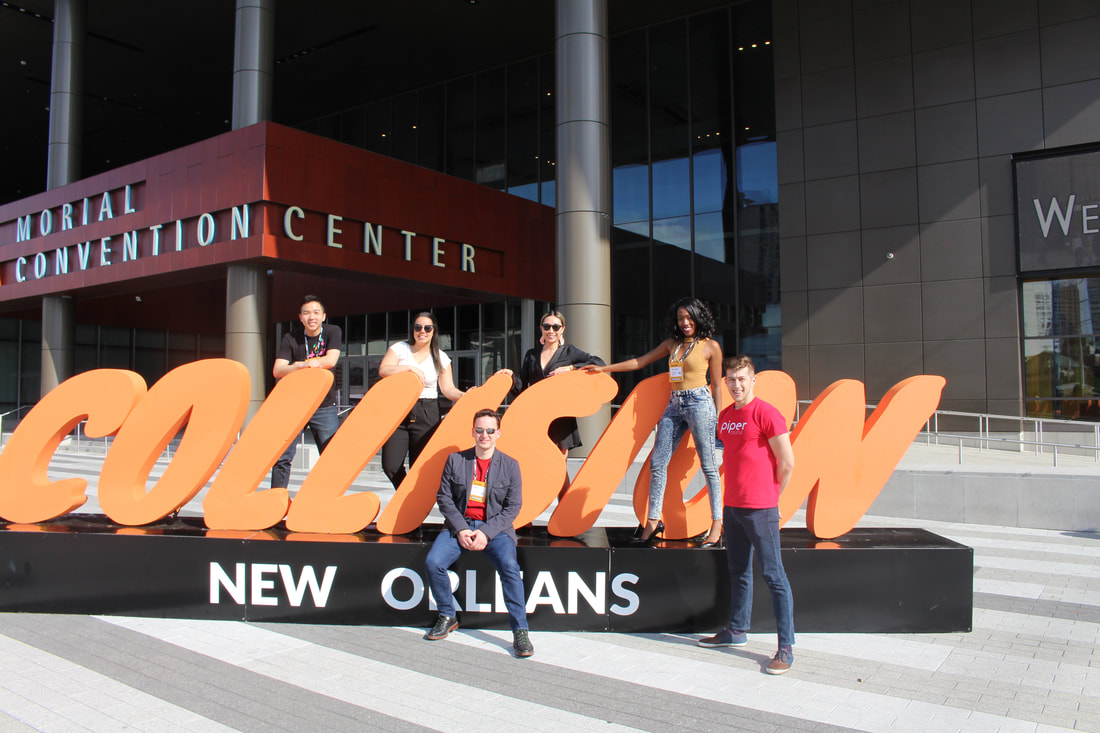

 RSS Feed
RSS Feed